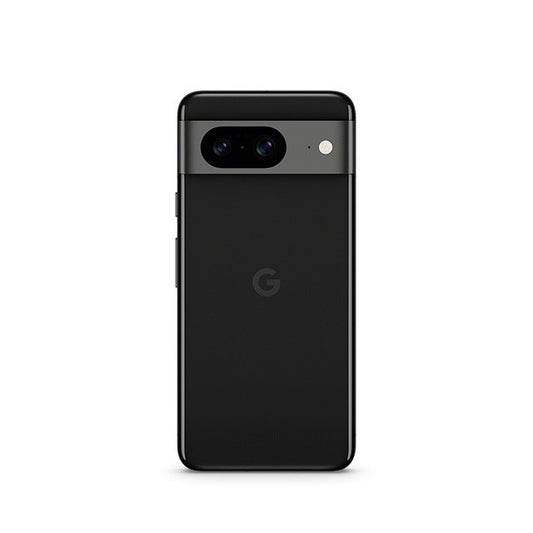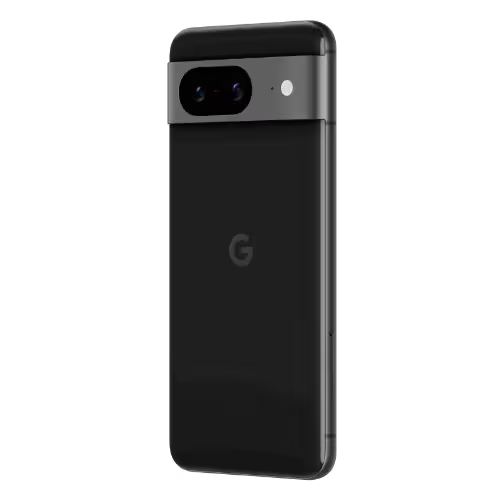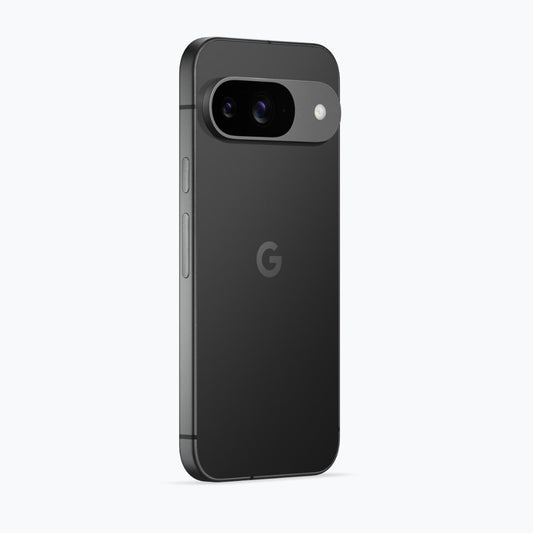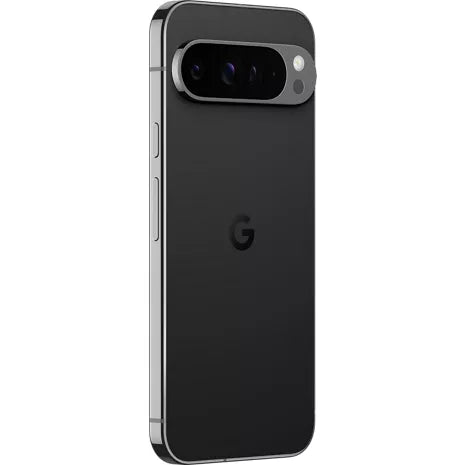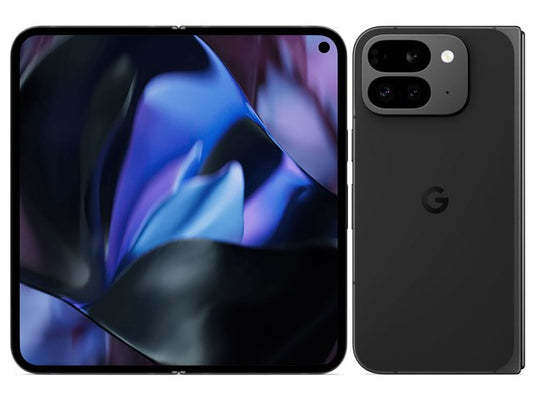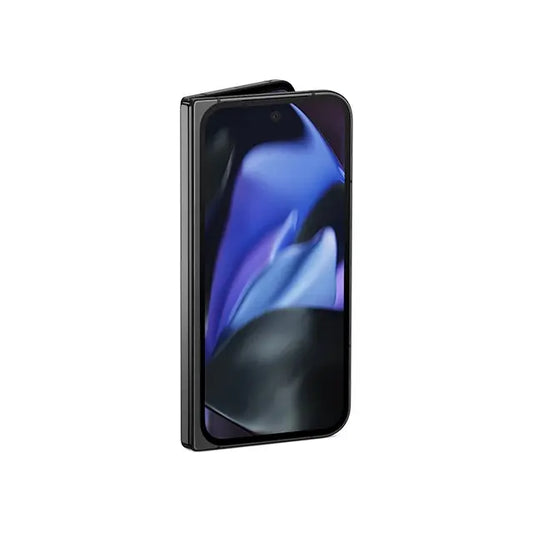
What is the Qilin that attacked Asahi Beer? The intrusion route and the invisible entrance protected by AntiSpyPhone
The cyberattack on Asahi Beer reported in October 2025 shocked many people.
The attacker is a ransomware family called Qilin,
The method is characterized by stopping corporate operations or encrypting data to demand ransom.
The full extent of the damage is under investigation, but this case is attracting attention as a typical example where the organization's 'weak entry point' allowed the intrusion.
Typical entry routes for ransomware like Qilin are as follows.
First, phishing through email attachments or suspicious links.
If you accidentally open them, malware can infiltrate the device or network.
Next is the method of exploiting vulnerabilities in outdated devices or software.
They target vulnerabilities remaining in old VPN devices or management interfaces to break in.
Furthermore, if the security of business partners or contractors is weak, many supply chain attacks have been reported where they use that as a stepping stone to laterally move into corporate networks.
Finally, there are also methods where authentication information saved in browsers or apps is stolen and used to seize administrative privileges.
So, does that mean personal smartphones are unrelated? Not at all.
If authentication information remains on smartphones that access work emails or cloud services, or if settings allow easy connection to the internal network, it becomes a convenient foothold for attackers.
If secrets of the administrator account leak via a smartphone, it can ultimately lead to significant damage.
Here, we explain the effects of AntiSpyPhone for beginners.
AntiSpyPhone reduces smartphone-originated risks with the following points.
First, it is designed to eliminate unnecessary automatic transmissions and trackers, reducing the amount of extraneous information flowing from the device to the outside.
Next, since you can separate environments with the profile feature, you can clearly distinguish between work and personal use.
This means that even if one side is targeted, it is less likely to spread to the other.
It is also important that browsers and apps can be configured to make automatic saving of credentials difficult.
Compared to casually leaving login information in browsers like Chrome, this reduces the chance of theft.
Furthermore, hardware-level control is also useful.
By configuring USB ports to charge-only and having a mechanism to stop data communication when locked by default, the risk of data theft at public charging spots can be kept low.
This also allows defense against attacks using physical connections.
However, protecting only the device does not guarantee safety.
On the corporate side, measures such as patching servers and VPNs, introducing multi-factor authentication, isolating backups, and conducting security audits of business partners are essential.
Basic caution on the user side is also important.
Do not carelessly open email attachments, do not reuse passwords, set up multi-factor authentication for important accounts, and regularly update apps and the OS.
In summary, ransomware like Qilin intrudes by exploiting old vulnerabilities and stolen credentials.
AntiSpyPhone suppresses unnecessary information leaks from the device side, isolates the environment, and closes physical entry points, greatly reducing mobile-originated risks.
However, do not forget that overall corporate security cannot be achieved by device measures alone.
Preparing both the device and infrastructure is the realistic way to avoid damage like that suffered by Asahi Beer.
Finally, I will introduce just one practical checklist.
People who work on smartphones should start implementing the following three things today.
1 Do not reuse passwords; strengthen them and set up multi-factor authentication.
2 Avoid USB connections at public charging spots; use Qi charging or charge-only cables.
3 Strictly avoid saving work-related app or browser credentials on the device.
These are effective defenses you can implement immediately.
